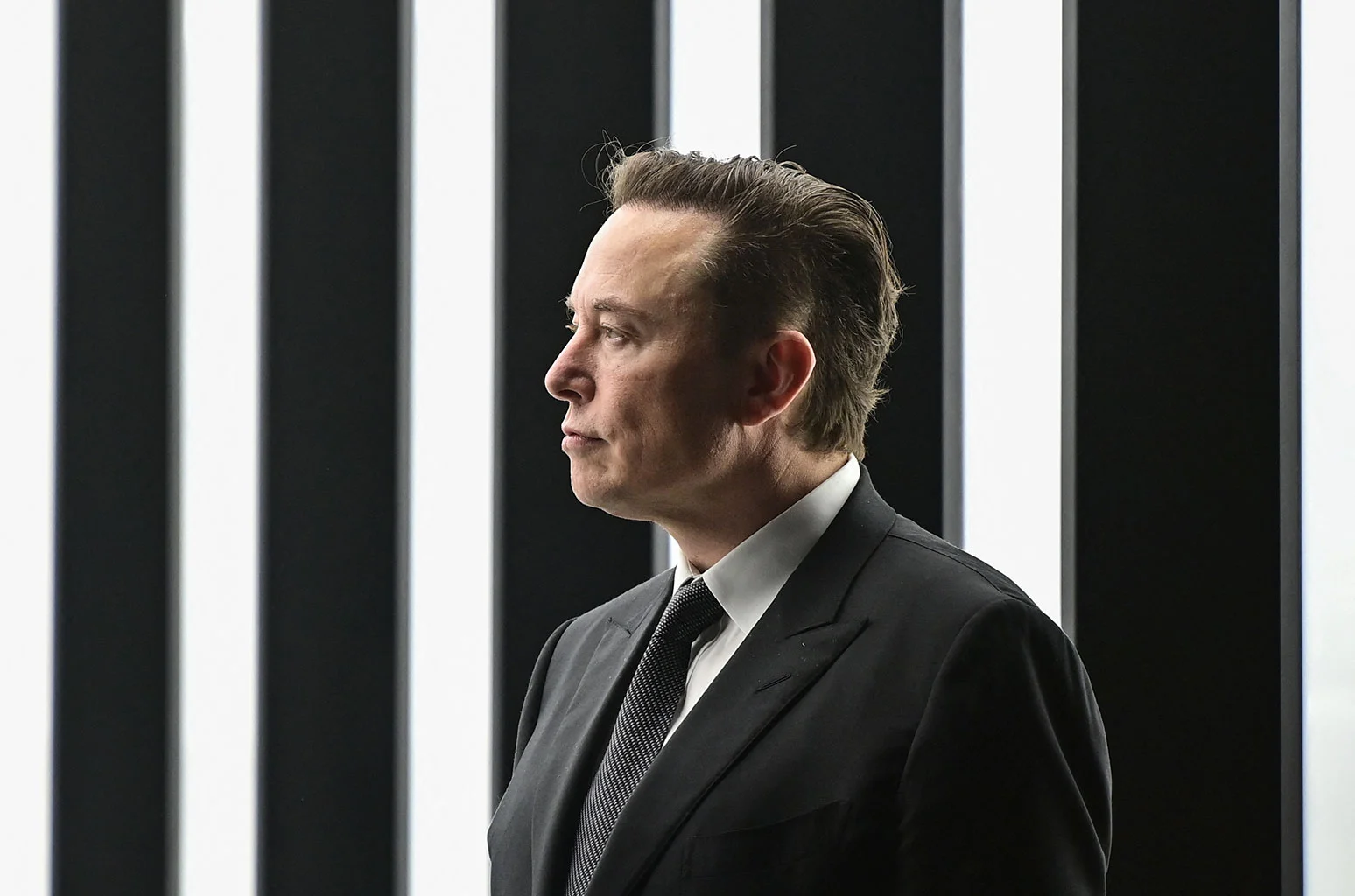Media
With Elon Musk In Charge, Will Twitter Finally License Music? | Billboard

Monday’s announcement that Elon Musk would buy Twitter for $44 billion spurred a tsunami of speculation about what the world’s richest man would attempt to do with the platform, and how those actions would impact its more than 200 million daily users. Sen. Elizabeth Warren called the takeover “dangerous for our democracy;” Sen. Marsha Blackburn was “hopeful” that Musk would “rein in Big Tech’s history of censoring users.” Even senior Twitter executives were uncertain about the company’s future, with chief executive Parag Agrawal telling employees, “once the deal closes, we don’t know what direction this company will go in,” according to The New York Times.
The music industry has long been frustrated with one specific aspect of Twitter’s direction — the platform has not bothered to negotiate licensing deals with major labels and publishers. Instead of paying for the music that might pop on Twitter, the platform has relied on the protection of 1998’s Digital Millennium Copyright Act, a law that provides platforms with what’s known as “safe harbor” from their users’ copyright infringement as long as they respond to takedown notices within a certain window.
The announcement of Twitter’s new owner provided a window for industry advocacy groups to offer a gentle wave in the direction of the negotiating table. “It’s past time to fix Twitter’s broken policy of not paying songwriters,” National Music Publishers’ Association president and CEO David Israelite tells Billboard in a statement. “Our hope is that under new ownership, Elon Musk — a creator himself — recognizes the necessity in paying music creators and takes this opportunity to work with the music industry, instead of against it.”
Twitter is not always the first company that comes to mind in conversations about music piracy. That’s because “people don’t think about it as a music platform,” says Lucas Keller, president and founder of Milk & Honey, which represents more than 100 producers and songwriters. “But there’s a hell of a lot of music being played through Twitter in the aggregate.”
A few factors typically incentivize companies like Twitter to avoid negotiating with the labels and publishers for the use of their music, according to George Howard, an associate professor at Berklee College of Music. The first is that the DMCA serves as “a fail-safe for companies that want to have user-generated content but not go and do licensing deals.” The second, Howard continues, is that outsiders won’t want to deal with “the complexities of the music business, which often seems willfully complex by design.”
Likely even more important, companies may not want to incur the costs of licensing, Howard says, “if you have a profitable business or a business that’s aspiring to profitability.” The New York Times reported on Monday that Twitter has failed to turn a profit for eight of the last 10 years; it lost $493 million on revenue of $5.57 billion last year.
Still, there’s a perception in the music industry that Twitter has been stubbornly unwilling to play nice relative to other tech companies and social media platforms. “Unlike Facebook and unlike YouTube, they have done nothing to try to at least build tools or help prevent what is by its nature a viral system where piracy can spread literally in microseconds,” RIAA chairman and CEO Mitch Glazier told the Senate Subcommittee on Intellectual Property in 2020. (The RIAA declined to comment for this story.)
Israelite’s statement to Billboard echoes Glazier’s concerns from two years ago. “Music is hugely important to [Twitter],” he notes, “however, it stands alone as the only major social media company that has not licensed the music released, shared and enjoyed by millions of people every day.”
Keller was cautiously optimistic about how Twitter might move forward under Musk. “I think [the piracy issue] gets corrected somewhere down the list, I really do,” the Milk & Honey boss says. “I don’t put [Musk] in the same lane as every other tech guy that’s taken advantage of music and Hollywood content.”
At the same time, as Howard points out, “Twitter, like so many tech companies, has had a sort of schizophrenic relationship with music” in the past. And no one who spoke for this article thought that fixing music piracy on the platform would be chief among Musk’s priorities — his tweets have focused on things like “free speech” and “defeating the spam bots.”
“Twitter has tremendous potential,” Musk added in a tweet, “and I look forward to working with the company and the community of users to unlock it.” Whether he’s interested in working with the music business remains to be seen.
Additional reporting by Kristin Robinson
Read on Billboard.
